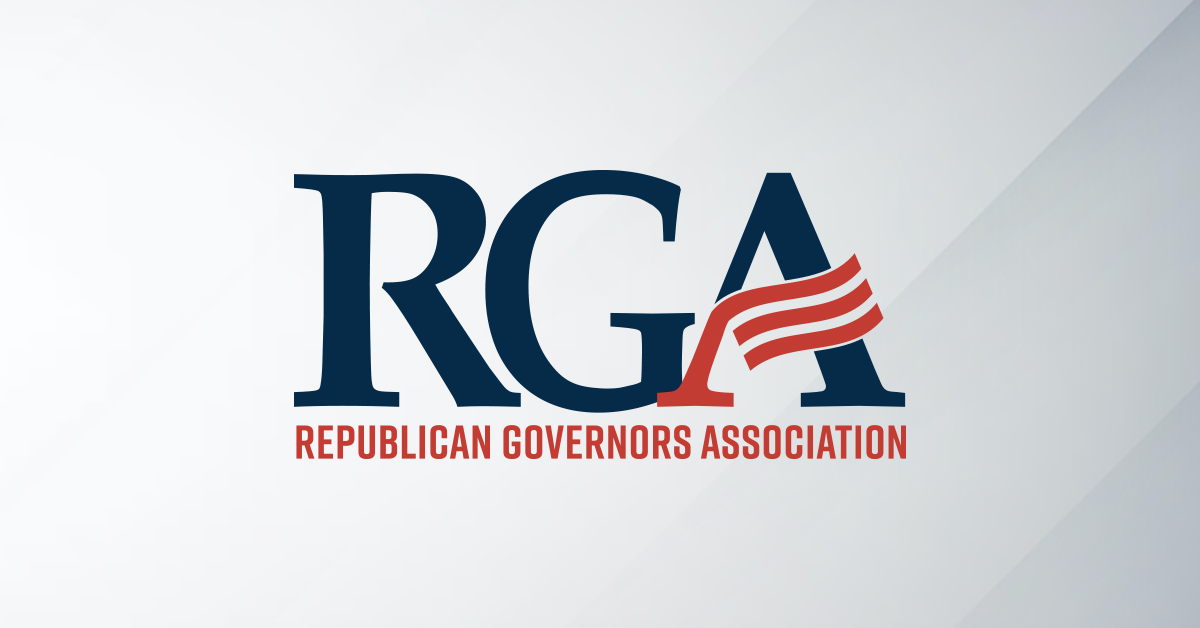
WASHINGTON, D.C. – 10 Republican governors sent a letter to President Barack Obama today asking him to repeal the federal ban on crude oil exports and end the current restrictions on liquefied natural gas (LNG) exports.
Governors Asa Hutchinson of Arkansas, Bobby Jindal of Louisiana, Phil Bryant of Mississippi, Susana Martinez of New Mexico, Jack Dalrymple of North Dakota, Mary Fallin of Oklahoma, Greg Abbott of Texas, Gary Herbert of Utah, Scott Walker of Wisconsin, and Matt Mead of Wyoming signed on to the letter, which outlined the deleterious consequences that these outdated energy policies could have on not only our economy but also our national security.
“The thriving energy industry has presented our states with tremendous economic growth and job creation, but it could be even stronger,” said Oklahoma Governor Mary Fallin, Chair of the Republican Governors Public Policy Committee. “The ban on liquefied natural gas exports creates an unnecessary obstacle on our states’ path to economic recovery. We strongly urge President Obama to put in place an effective energy export strategy and remove these needless restrictions.”
A copy of the letter can be found here and is excerpted below.
Governors know firsthand the economic potential presented by the United States energy revolution. American energy producers, manufacturers and workers deserve a sensible national energy strategy to support the economic growth we are experiencing in our states. Now is the time to end the federal ban on crude oil exports and lift existing restrictions on liquefied natural gas (LNG) exports.
The United States oil and gas industry is literally fueling economic growth in our states. Recent studies show lifting the ban on crude exports would create as many as 300,000 jobs nationwide by 2020. LNG exports would also significantly boost employment, adding 155,000 jobs in natural gas producing states and an additional 38,000 jobs in large manufacturing states. Without a change in the federal approach to energy exports, these jobs will be left on the table during a critical time in the nation’s economic recovery.
Updated energy export policies would also enhance American national security in a global energy economy punctuated by conflict and civil unrest. United States energy policy should seek to strike a balance between bolstering our national security by maintaining domestic reserves and opening up economic and diplomatic opportunities to American interests around the globe. The federal government’s current approach to energy exports was set in motion when domestic production was down, imported energy was dominating our resource mix and the global market was threatened by hostile international players. The United States now stands as the world’s top producer of oil and natural gas, though we continue to import energy from nations adverse to American interests. This approach is impractical and dangerous.
###





See the latest videos from RGA
Watch our videosHappy Independence Day!
Always proud to be an American!🇺🇸 https://x.com/GOPGovs/status/1941089615127163218/video/1
I want to congratulate @POTUS, Senators @berniemoreno and @SenJonHusted, and Ohio’s Congressional delegation for today e…
Follow RGA on Twitter
Follow RGA on Facebook